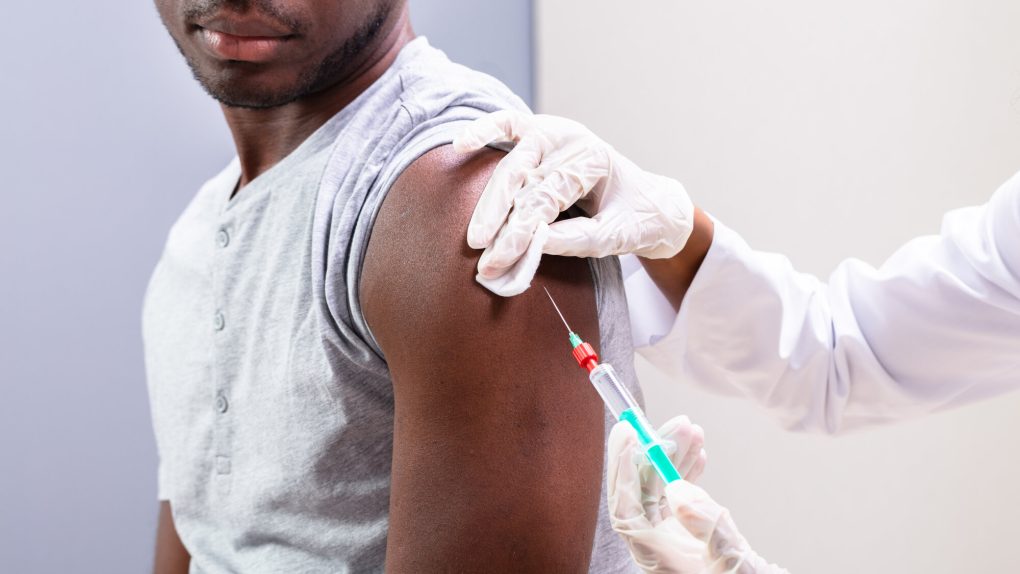- Moderna CEO Stephane Bancel said during an event that he expects the company’s coronavirus vaccine to offer protection for a couple of years.
- Coronavirus immunity remains a hot topic, as the virus is too new for researchers to offer accurate estimates.
- Several studies have shown recently that COVID-19 survivors still had a strong immune response up to eight months after the initial infection. As the illness ages, updated estimates will be available.
Western countries already have emergency access to three coronavirus vaccine candidates that have demonstrated effectiveness and safety in Phase 3 trials. These are the Pfizer/BioNTech, Moderna, and AstraZeneca/Oxford drugs that received emergency authorizations in several markets. The BioNTech and Moderna drugs are built on mRNA technology and offer similar efficacy, preventing severe COVID-19 in about 95% of cases each. The drugs have cleared the first regulatory hurdles in the US and Europe. The Oxford drug has lower efficacy and uses a different tech — only the UK and India have approved it. On top of that, Russia has its own vaccine that’s currently in use on the general population. China has several candidates that have shown promise in the early stages of clinical trials. Like Russia, China also started using vaccine candidates before Phase 3 trials were complete.
While Phase 3 trials offered various answers about efficacy and side effects, none of the companies who completed the research can explain how long COVID-19 immunity lasts. It should be clear that the vaccines do not prevent infection. They prevent the development of a severe version of the illness that can lead to death. Still, researchers can’t explain how long protection lasts, and the promising coronavirus immunity studies do not have a definitive answer. But Moderna CEO Stephane Bancel already has an estimate for the company’s mRNA vaccine.
“The nightmare scenario that was described in the media in the spring with a vaccine only working a month or two is, I think, out of the window,” Bancel said at an event organized by financial services Oddo BHF, per Reuters. “The antibody decay generated by the vaccine in humans goes down very slowly (…) We believe there will be protection potentially for a couple of years.”
The Moderna vaccine was one of the world’s first vaccine candidates to reach clinical trials during the spring and the second to report Phase 3 interim and final data after Pfizer. The vaccine has a two-dose regimen, like most COVID-19 vaccine candidates. Like the BioNTech drug, it needs to be stored at low temperatures, but Moderna has a slight advantage, as the temperatures do not have to go as low.
Bancel’s remark can’t be backed up by science for the time being. But Moderna will soon have data about the Phase 1 volunteers who received the vaccine candidate more than eight months ago.
Bancel isn’t the only person hopeful that vaccines could have long-lasting effects. Operation Warp Speed chief Moncef Slaoui said in an interview recently that he expects vaccines to prevent severe COVID-19 for some three years, based on his professional expertise.
Separately, researchers who study coronavirus immunity have shown that the immune response to direct exposure is quite potent. A new study showed that antibodies could be detected up to eight months after infection, including neutralizing antibodies. A different paper highlighted other immune response components that are quite active eight months after surviving COVID-19, the B and T cells that can recognize the pathogen and fight it during reinfection. Vaccines will generate the same type of immune responses, Moderna included. In the coming months, we’ll find out whether COVID-19 immunity duration can reach a year.
Bancel said during the same interview that Moderna is about to prove that its vaccine would be effective against different virus strains, including the UK and South African mutations. Moderna recently said it expects the drug to be effective against the B.1.1.7 strain seen in Britain. Researchers familiar with the two strains are more worried about the 501.V2 strain in South Africa evading vaccines.








